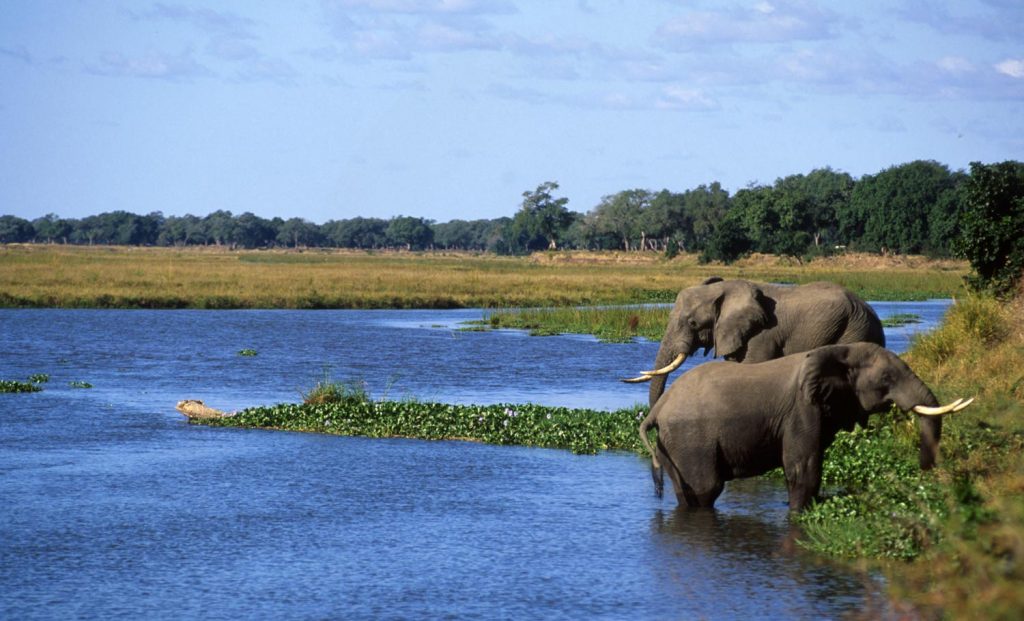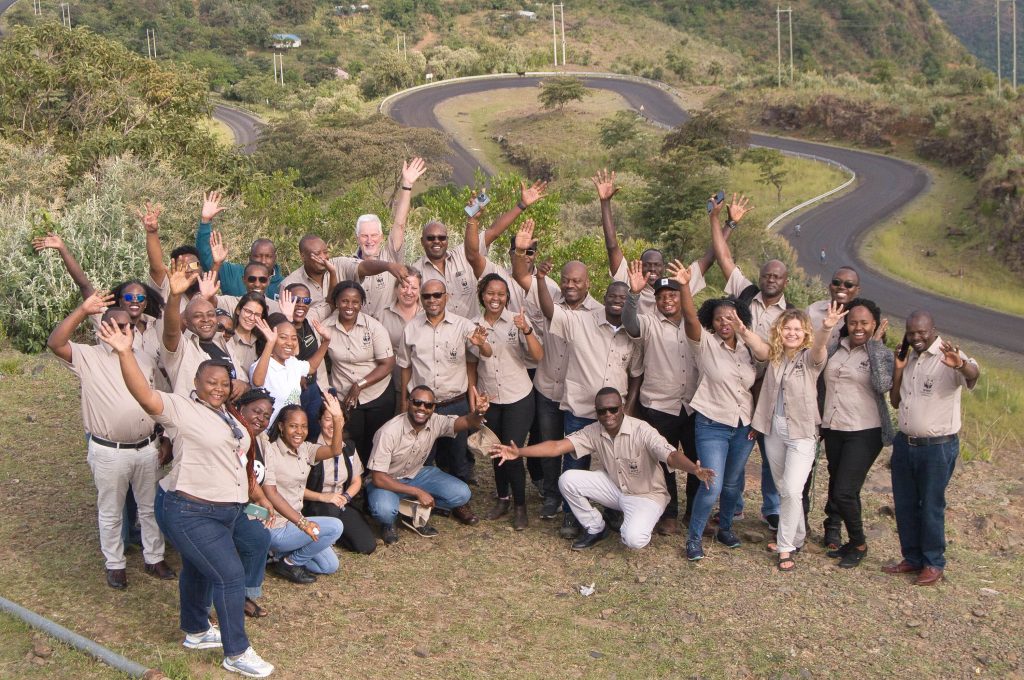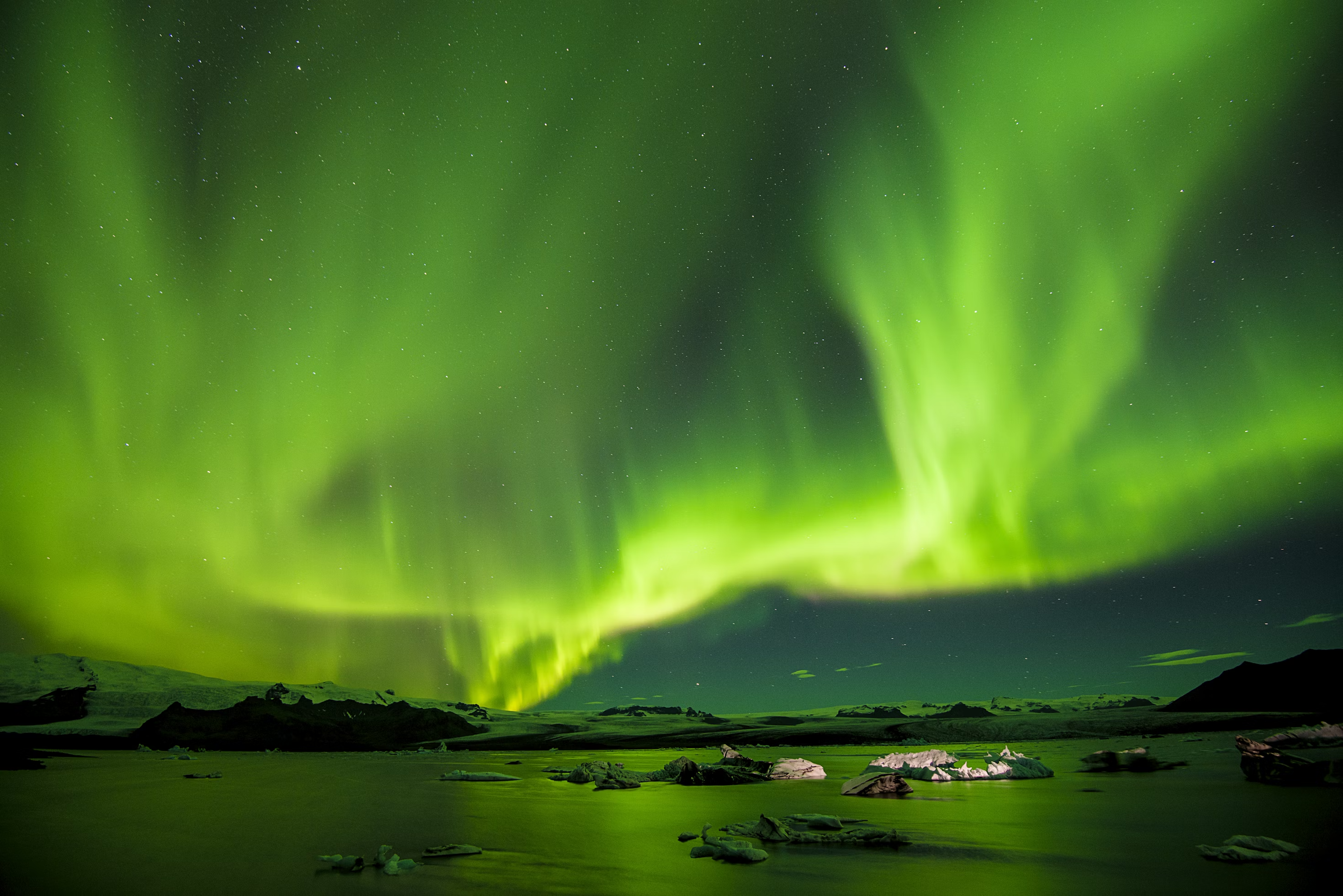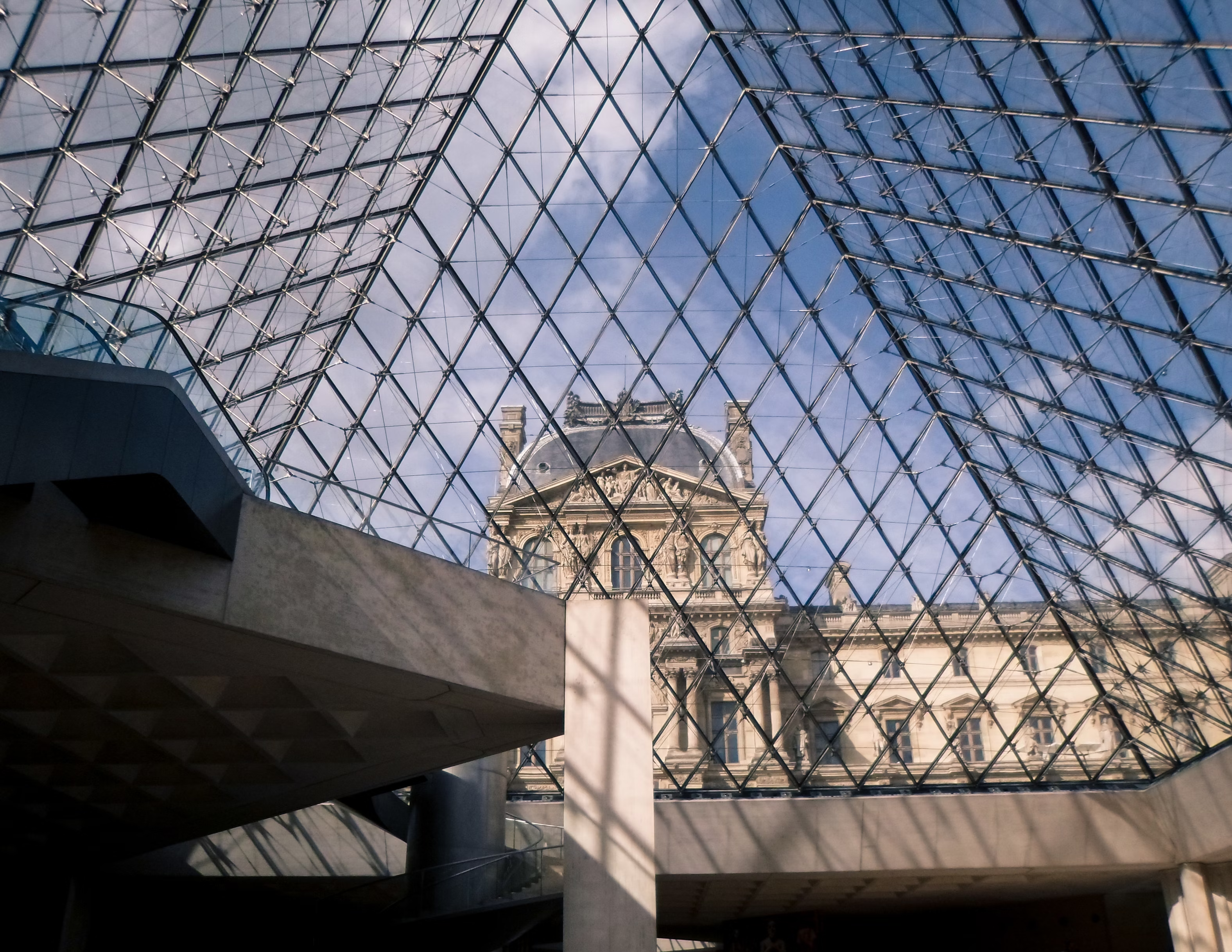Nature reserves around the world are vital for protecting endangered species, preserving biodiversity, and maintaining healthy ecosystems. In Africa, these sanctuaries play an especially crucial role in safeguarding the continent’s iconic wildlife, from the majestic lions of the savannah to the rare mountain gorillas of the Congo. But how exactly do these nature reserves operate? What animals do they protect, and how are they funded? Can ordinary people contribute to their conservation efforts?
The Role of Nature Reserves in Wildlife Conservation
Nature reserves and national parks are essential for the protection of wildlife and their habitats. In Africa, these areas often serve as safe havens for some of the world’s most endangered species. African reserves are typically home to the “Big Five” — lions, leopards, elephants, buffalo, and rhinoceros — as well as countless other animals, including giraffes, cheetahs, zebras, and African wild dogs. Beyond individual species, these reserves also help maintain entire ecosystems, protecting diverse plant life, water sources, and migratory routes.
For instance, in South Africa’s Kruger National Park, one of the largest game reserves in the world, the focus is on conserving the Big Five, as well as endangered species like African wild dogs and white rhinos. In Kenya’s Masai Mara National Reserve, the annual wildebeest migration attracts wildlife lovers and photographers from around the globe, providing both a spectacular natural event and vital funding for local conservation efforts.
Funding Conservation: How Nature Reserves Get Financial Support
Nature reserves face significant financial challenges. While some reserves are government-funded, the vast majority rely on a combination of tourism revenue, international donations, and partnerships with conservation organizations to sustain their work.
In many African countries, tourism plays a central role in funding conservation activities. Visitors pay entrance fees to the parks, participate in safaris, or book eco-tourism experiences like gorilla trekking in Rwanda’s Volcanoes National Park. These funds are then reinvested into the park for essential conservation work, such as anti-poaching patrols, habitat restoration, and research projects.

International conservation organizations are also instrumental in supporting nature reserves. For example, groups like WWF, Wildlife Conservation Society (WCS), The Nature Conservancy, and African Wildlife Foundation (AWF) partner with African national parks to raise funds, conduct research, and help with wildlife protection. They often facilitate global fundraising campaigns, engage donors, and provide logistical support for on-the-ground conservation projects.
In addition to international support, local and national governments may allocate funds for reserve management and wildlife protection. However, due to limited resources, this often only covers a portion of the overall budget, making external partnerships and revenue from eco-tourism even more critical.
Getting Involved: Volunteering and Donating to Nature Reserves
For those interested in supporting conservation efforts, getting involved with nature reserves is more accessible than ever. There are various ways individuals can contribute to the protection of Africa’s wildlife, even if they can’t directly visit the parks.
Volunteering is one of the most hands-on ways to make an impact. Many nature reserves offer opportunities for volunteers to participate in wildlife monitoring, anti-poaching patrols, environmental education programs, and habitat restoration projects. Organizations such as The Dian Fossey Gorilla Fund in Rwanda, which protects mountain gorillas, and The African Wildlife Foundation regularly have volunteer programs that allow people to work alongside local staff and scientists in the field.

For those who cannot volunteer in person, donations are another vital way to contribute. Most reserves and conservation organizations have dedicated funds that support key initiatives, such as building community-based programs, combating poaching, and providing medical care for injured animals. Donations to organizations like WWF, The Jane Goodall Institute, and The Virunga Foundation (which focuses on protecting mountain gorillas in Congo’s Virunga National Park) help ensure that conservation efforts continue, despite financial challenges.
Eco-tourism also allows individuals to make a difference. Booking a safari or a guided tour in a reserve not only supports local economies but also funds conservation directly. When visitors choose responsible travel companies that prioritize sustainability, they contribute to the long-term health of these environments.
Conclusion: A Call to Action
Nature reserves in Africa are more than just tourist destinations; they are the front lines of wildlife conservation. They protect some of the world’s most endangered species and preserve the natural beauty and biodiversity of the African continent. However, these reserves face ongoing challenges in terms of funding and support. Governments, conservation organizations, and local communities all play a role in their success, but there is also an opportunity for individuals around the world to make a difference.
Whether through volunteering, donating, or simply visiting an eco-friendly reserve, there are many ways to get involved in the preservation of Africa’s incredible wildlife. By supporting these efforts, we can ensure that future generations will have the chance to witness the awe-inspiring diversity of life that Africa’s nature reserves protect. So, if you’re passionate about wildlife conservation, consider taking action — the animals of Africa need your help now more than ever.














